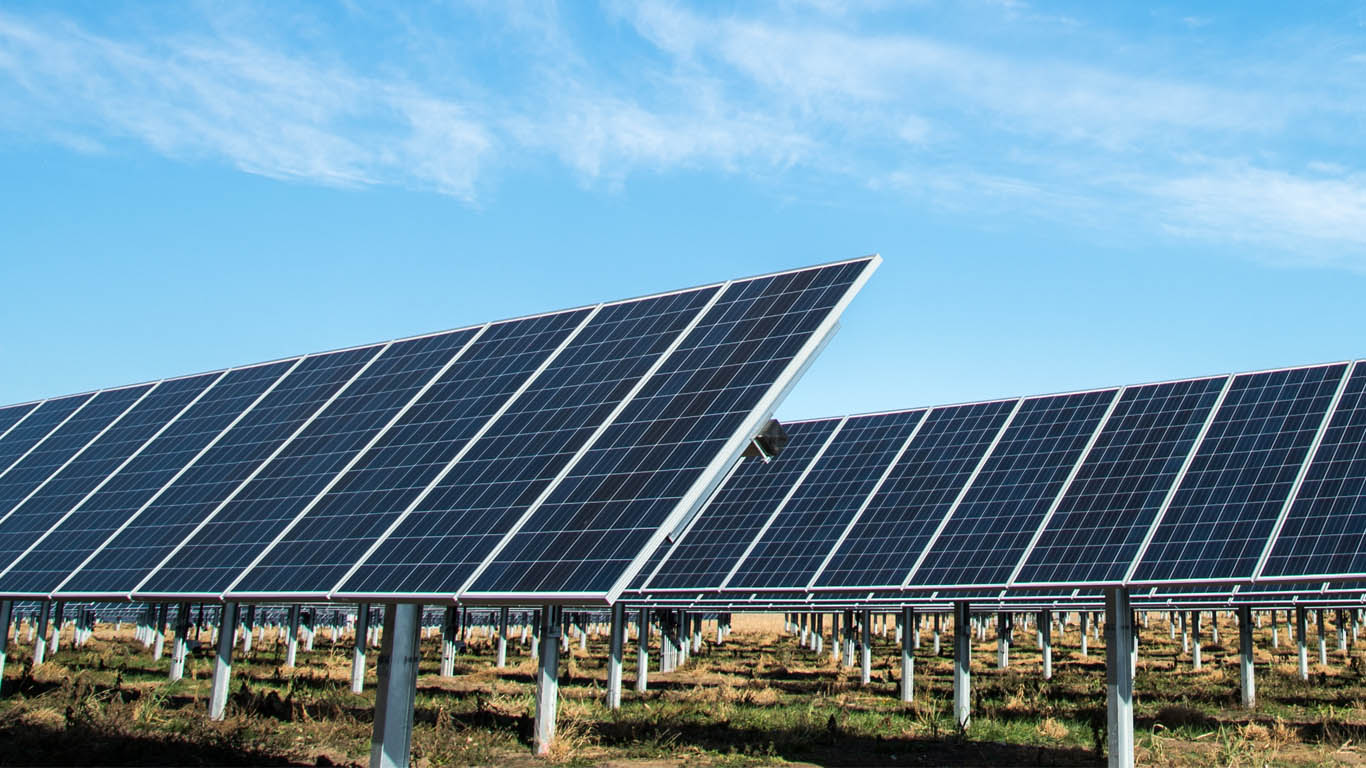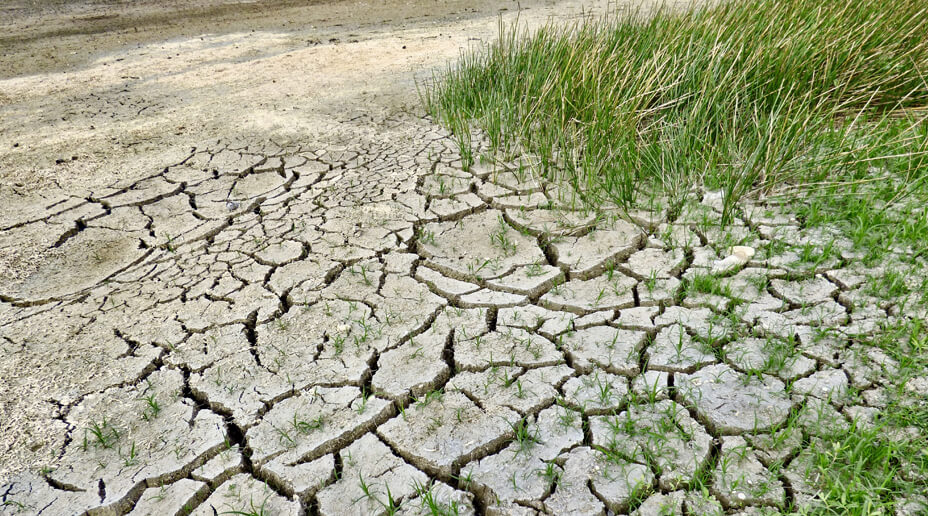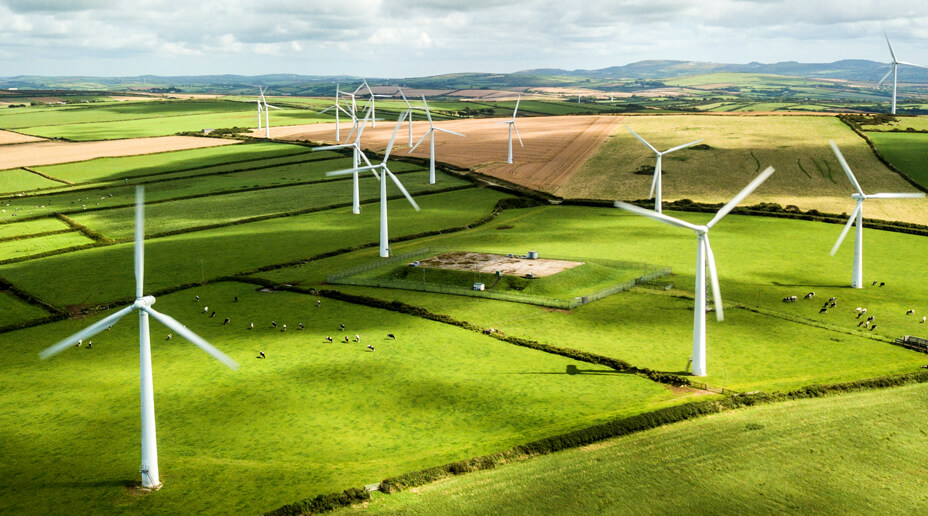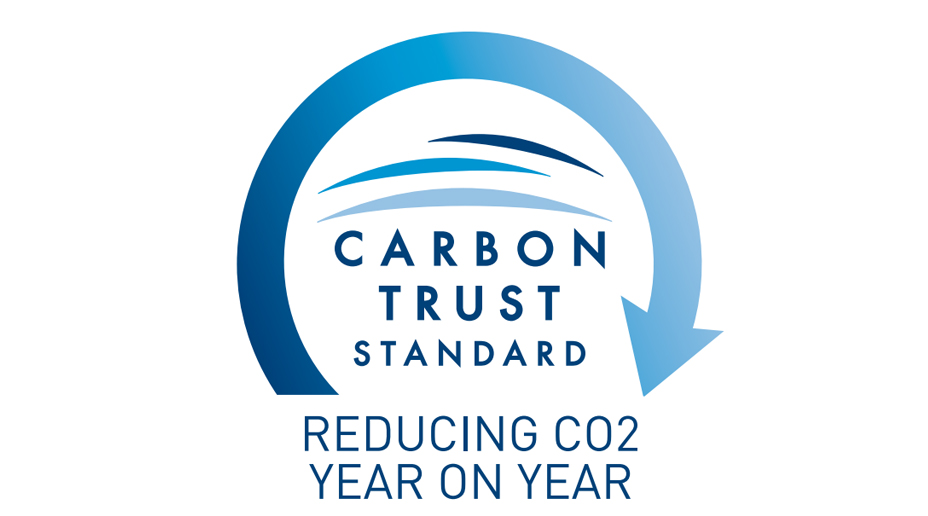We have an established carbon reduction strategy which manages CO2 emissions from our operations and supports the commitment we have made to minimising our environmental footprint. We aim to reach Net-Zero and Net-Zero in our investment and underwriting portfolios by 2050.
As the specific definition of Net-Zero is still evolving for financial institutions and we anticipate Company Sustainability Reporting Directive (CSRD) requirements, we are no longer referring to the 2030 target for our Own Operations as a Net-Zero commitment. We will instead refer to it as a 2030 intermediate target. The rest of the decarbonisation and removal targets for Own Operations remain as communicated in the Inaugural Net-Zero Transition Plan.
By 2025 we aim to reduce GHG emissions per employee by 50% versus a 2019 baseline across Scope 1, Scope 2, and selected Scope 3 emissions (see chapter ‘Current Emissions’). For year-end 2030, we target GHG emission reductions of 70 % and for year-end 2029, -65 %1 versus a 2019 baseline.
To address the remaining 30 %2 of the emissions we will use high quality carbon removal solutions.







